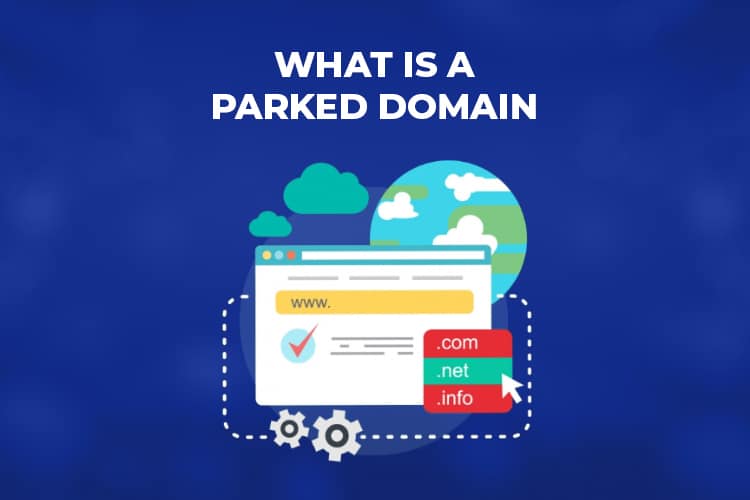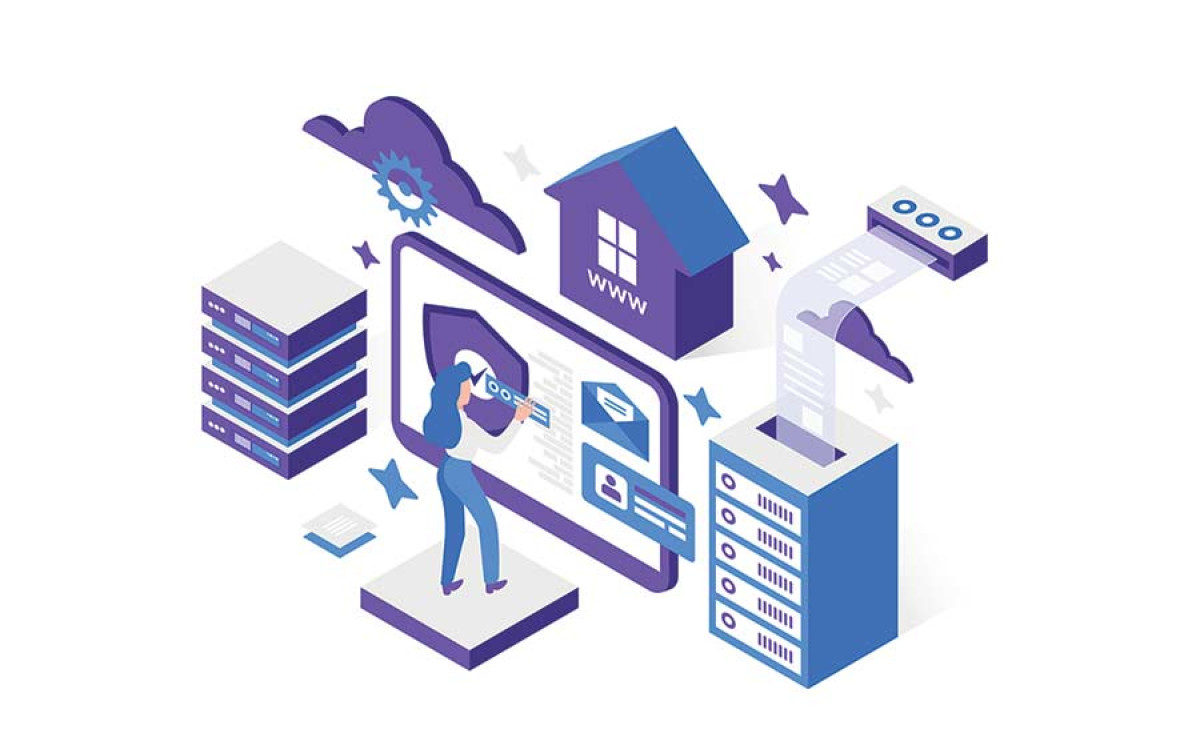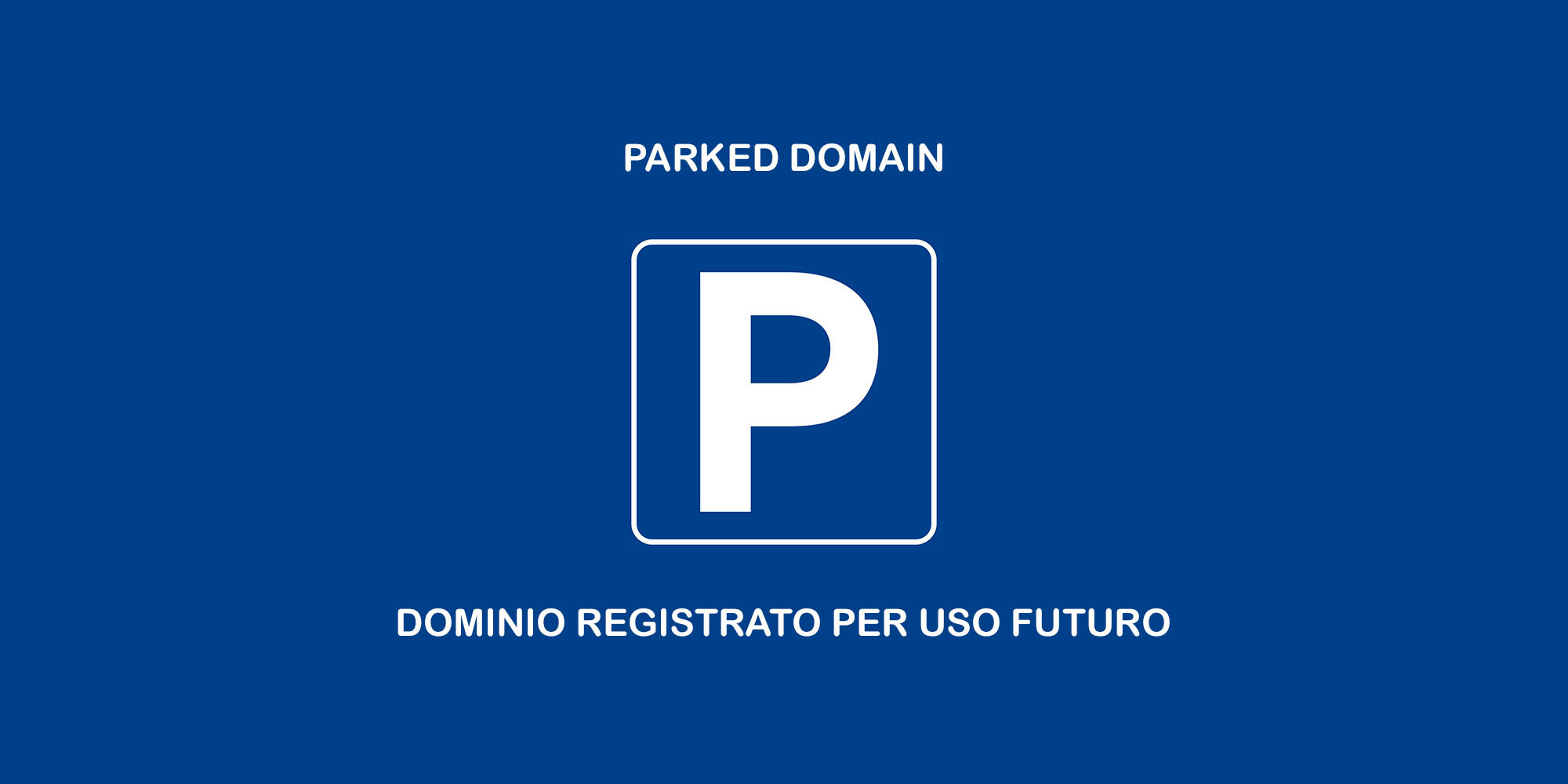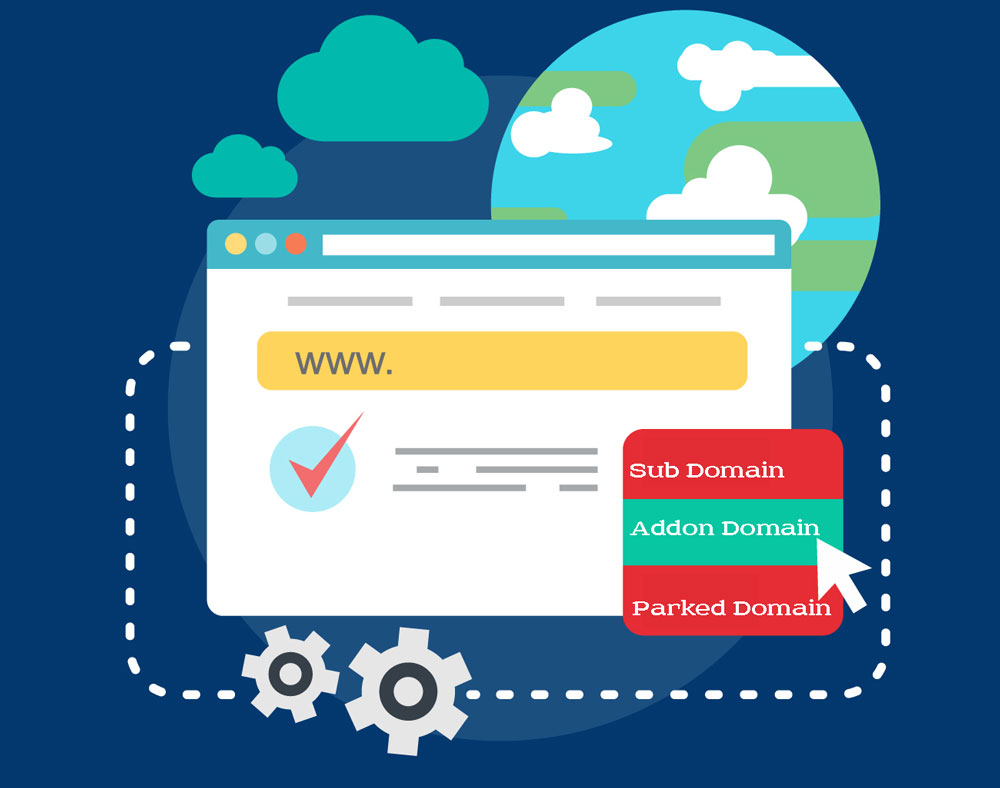Have you ever stumbled upon a website with a catchy domain name only to find out that it’s not an actual functioning website? Chances are, you have encountered a parked domain.
Parked domains are essentially placeholder websites that do not have any real content or services. They are simply registered domain names that do not have any associated hosting or website files attached to them. In this article, we will dive deeper into the concept of parked domains, their purpose, and the impact they have on the internet as a whole.
What is a Parked Domain?
Definition
A parked domain, also known as a “parked page” or “placeholder website,” is a registered domain name that does not have any associated hosting or website files. Essentially, it is a blank webpage that appears when you type in the domain name on your browser. 
A parked domain, often referred to as a “parked page” or “placeholder website,” is a registered domain name that lacks any associated hosting or website files
When a domain is parked, it has no real content or services. It is simply a placeholder until the owner decides to develop it into an actual functioning website. In simpler terms, a parked domain is like an empty plot of land waiting for someone to build upon it.
Examples
Parked domains can often be seen as error pages, default pages for web hosting providers, or advertisements. For example, if you type in a misspelled version of a popular website’s domain name, you may end up on a parked domain page instead. These pages usually contain generic messages such as “This site is under construction” or “This domain is for sale.”
Another common instance of parked domains is when they are used for advertisements. Registrars or owners may park a domain and display advertisements on the page to generate income. These ads are usually unrelated to the domain name itself and are targeted based on the user’s search history.
How does it work?
When a domain is registered, it is assigned a unique IP address. This IP address allows the website to be accessed through the internet. However, when a domain is parked, it does not have any associated website files or hosting, so the IP address leads to a default page instead.
In order to park a domain, the owner must make changes to the DNS (Domain Name System) settings. They can either point the domain to a web hosting provider’s default page or use a specific parking service provided by the registrar. This allows the owner to generate income from advertisements or showcase information about the domain for potential buyers.
Why Do People Park Domains?
There are various reasons why individuals and businesses choose to park domains. Some do it for investment purposes, while others do it to protect their brand identity. Let’s explore these reasons in more detail.
Investment Purposes
Domain Flipping
One of the primary reasons people park domains is for investment purposes. Domain flipping, also known as “domaining,” is the practice of buying and selling domains for a profit. Individuals or companies may purchase desirable domain names, park them, and then sell them at a higher price to interested buyers.
For instance, imagine someone purchases the domain name “cars.com” and parks it, hoping to sell it for a significant profit in the future. This practice has become increasingly popular with the rise of the internet and the demand for unique and catchy domain names.

One of the main motivations for parking domains is for investment reasons
Monetization through Advertisements
Another way to generate income from parked domain s is through advertisements. By parking a domain, owners can display ads on the page and earn revenue every time a user clicks on an ad. The more traffic a parked domain receives, the higher its potential for generating income through advertisements.
Protecting Brand Identity
Preventing Cybersquatting
Parked domains can also be used to protect a company’s brand identity. Cybersquatting, also known as “domain squatting,” is the practice of registering a domain name with the intention of selling it to the legitimate owner at a higher price.
By parking and owning various variations of their domain name, businesses can prevent others from obtaining similar domains and using them for malicious purposes. This strategy helps protect their brand identity and ensures that customers reach the legitimate website without any confusion.
Expansion of Business Ventures
In addition to protecting existing brand identity, parked domains can also be utilized to expand business ventures. Companies may purchase different variations of their domain name or relevant domain names in their industry to redirect traffic to their main website.
For example, if a company owns the domain “onlineclothing.com,” they may also park and redirect “onlineshopping.com” to generate more traffic and potential sales. This strategy allows businesses to capture a larger market share and increase their online presence.
The Pros and Cons of Parked Domains
Like any other concept, there are both advantages and disadvantages of parked domains. Let’s take a closer look at these factors.

Similar to any other concept, there are pros and cons associated with parked domains
Advantages
Easy and Affordable
One of the primary benefits of parked domains is that they are relatively easy and affordable to set up. Purchasing a domain name and parking it requires minimal effort and does not require any additional costs for hosting or creating content. This makes it an attractive option for people looking to make a passive income or protect their brand identity.
Generate Passive Income
As mentioned earlier, parked domains can be used to display advertisements and generate income through clicks. This makes it an appealing option for individuals or businesses looking to make a passive income without investing too much time or resources.
Protects Intellectual Property
Parked domains can also serve as a protective measure for businesses and individuals to safeguard their intellectual property. By owning different variations of their domain name, they can prevent cybersquatting and maintain their brand image and reputation.
Disadvantages
Potential for Misuse
One of the main disadvantages of parked domains is that they are vulnerable to misuse. As mentioned earlier, cybersquatters may purchase variations of a popular domain name and use them for illegitimate purposes. This not only damages the reputation of the original brand but also creates confusion and distrust among customers.
Negative Impact on User Experience
Another downside of parked domains is their impact on user experience. When a user lands on a parked domain page, they often encounter irrelevant advertisements or generic messages. This can be frustrating for users who were looking for specific information or services and can result in a negative perception of the website and its associated brand.
Competition for Actual Websites
Parked domains also create competition for actual functioning websites. For instance, if someone purchases the domain “cars.com” and parks it for advertisement purposes, they may generate traffic and revenue from competitors in the automotive industry. This can be detrimental to small businesses that operate under similar domain names and are unable to compete with the high traffic and visibility of the parked domain.
Impact of Parked Domains on the Internet
The existence of parked domains has an impact on the internet as a whole. Let’s explore the different ways in which parked domains influence the online landscape.
Influence on Search Engine Optimization (SEO)
Duplicate Content Issues
Search engines, such as Google, aim to provide users with the most relevant and unique content. However, when it comes to parked domains, this can become challenging. Since parked domains do not have any real content, they are often flagged as duplicate content by search engines. This can negatively affect the rankings of the legitimate websites that share similar content with the parked domain.
Impact on Website Rankings
Parked domains can also impact the rankings of websites that share similar keywords or content with the parked domain. This can lead to a decrease in organic traffic and impede the growth and success of small businesses trying to establish an online presence.
Economic Impact
Revenue Generation for Domain Registrars
Parked domains are a source of revenue for domain registrars and owners. Registrars usually charge a fee for setting up and hosting parked domains, and they also earn a commission from the advertisements displayed on the page. This has become a profitable business model, with some registrars generating millions of dollars in revenue annually.
Effect on Small Businesses
As mentioned earlier, parked domains can have a negative impact on small businesses by creating competition for their actual websites. This can result in decreased traffic and sales, causing financial strain and hindering growth opportunities for these businesses.
Ethical Considerations of Parked Domains
The concept of parked domains raises ethical concerns that need to be addressed. Let’s take a look at some of these issues and the measures being taken to mitigate them.
Controversies Surrounding Parked Domains
Legal Concerns:
One of the main controversies surrounding parked domains is the potential for legal implications. As mentioned earlier, cybersquatters may use parked domains to misuse or exploit the brand image and reputation of legitimate businesses. This can lead to legal disputes and lawsuits, resulting in additional expenses and damage to the company’s reputation.
Moral and Ethical Implications
There are also moral and ethical considerations when it comes to parked domains. Some critics argue that it is unethical to profit from someone else’s intellectual property or brand identity without their consent. This can lead to trust issues between businesses and their customers, damaging the overall integrity of the internet.
Regulations and Measures to Address Concerns
Domain Name Dispute Resolution
To address the legal concerns surrounding parked domains, there are regulations in place that provide a dispute resolution process. The Internet Corporation for Assigned Names and Numbers (ICANN) oversees this process and helps resolve conflicts related to domain names and their ownership.
ICANN’s Role in Managing Parked Domains
ICANN is the governing body responsible for managing domain names and their registration. In recent years, they have implemented measures to prevent misuse of parked domains, such as requiring registrars to include information about the owner of the parked domain on the page. This helps users identify the legitimate owner and avoid fraudulent activities.
Future of Parked Domains
As technology continues to advance, the concept of parked domains may change or evolve. Let’s take a look at some potential advancements and solutions for existing issues related to parked domains.
Technological Advancements
Impact of Artificial Intelligence (AI)
Artificial Intelligence (AI) has the potential to transform the way parked domains are managed. With AI, parked pages can be customized to display personalized content and advertisements based on the user’s browsing history. This could improve user experience and generate more revenue for domain owners.
Integration with Blockchain Technology
Blockchain technology, known for its secure and decentralized nature, could also find its way into the world of parked domains. By integrating blockchain technology, parked domains could become more transparent and less vulnerable to misuse.
Potential Solutions for Existing Issues
Alternative Uses for Parked Domains
Rather than using parked domains solely for advertisement purposes, there are other potential uses that could benefit both owners and users. For instance, parked domains could be used to showcase relevant information, such as industry news or upcoming events, instead of displaying generic messages or ads.
Improving User Experience
To improve user experience, parked domains could be made more interactive and engaging. This could include features such as live chats, surveys, or games, making the visiting experience more enjoyable and potentially increasing the likelihood of return visits.
Conclusion
In conclusion, parked domains may seem like a simple concept, but they have a significant impact on the internet and its users. They serve various purposes, from generating income to protecting brand identity, and have both benefits and drawbacks. While they are a source of revenue for some, they can also create competition and harm the online presence of small businesses.
As technology continues to advance, it is essential to address existing issues related to parked domains and find solutions that benefit all stakeholders involved. Whether it be through regulations or technological advancements, we must strive towards creating a more ethical and user-friendly internet landscape.



